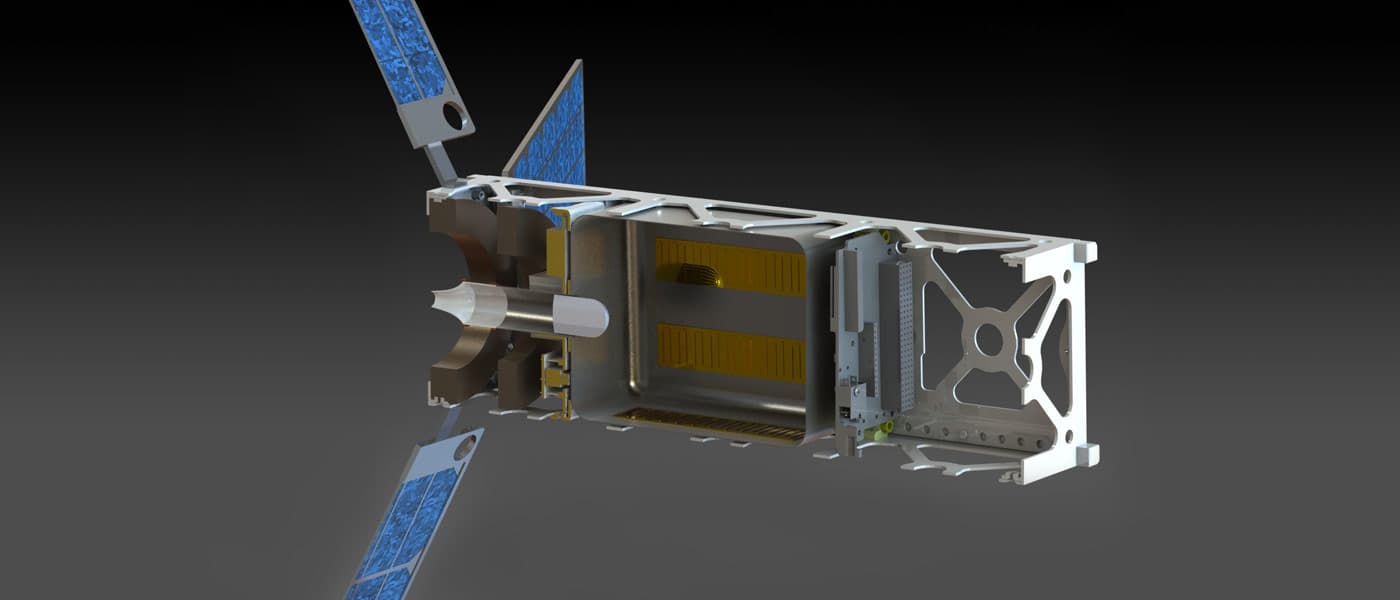EYES ON THE PRIZE
Say 'hello' to a new way to travel the solar system.
As part of the Cube Quest Challenge, sponsored by NASA’s Space Technology Mission Directorate Centennial Challenge Program, students from Cornell are attempting to be the first to send a CubeSat to orbit the moon. Even more impressive is that they're powering the spacecraft using only water.
A CubeSat is a tiny satellite about the size of a cereal box, and weighs approximately 1.3 kg. It is usually made out of off-the-shelf electronic materials only.
The Cornell team, known as the Cislunar Explorers, is mentored by Mason Peck, a former NASA official and now an associate professor of mechanical and aerospace engineering at Cornell. The team will win $5.5 million if they conquer the NASA-sponsored challenge, which is: designing, building and delivering flight-worthy, small satellites capable of advanced operations near and beyond the moon, as mentioned in the Cornell Chronicle.
GOALS BEYOND WINNING
The Cislunar Explorers will still have a sense of satisfaction even if they don't complete the challenge. In an interview with the Cornell Chronicle, Peck said, “Of course, we’d like to be the first CubeSat to orbit the moon, but even if we don’t, if we can successfully demonstrate that water is all you need to travel in space, we’ve gone a long way toward achieving some important goals.”
Water isn't the only element necessary to the CubeSat's success, though. It will also harness the sun's energy to electrolyze the water in its tanks into hydrogen and oxygen gases, which will propel the aircraft forward through a series of timed combustion.
Aside from the challenge, Peck has been striving to make 'massless' space exploration a reality.
“A lot of the mass we send into orbit these days is in the form of rockets – the only way we get anything into space. But what if we could use what’s already there? If we could do that, if we could refuel spacecraft while they’re already in space, that means that we could go farther, probably faster, probably accomplish a lot more, and we wouldn’t rely on Earth for supplies.”
Share This Article
